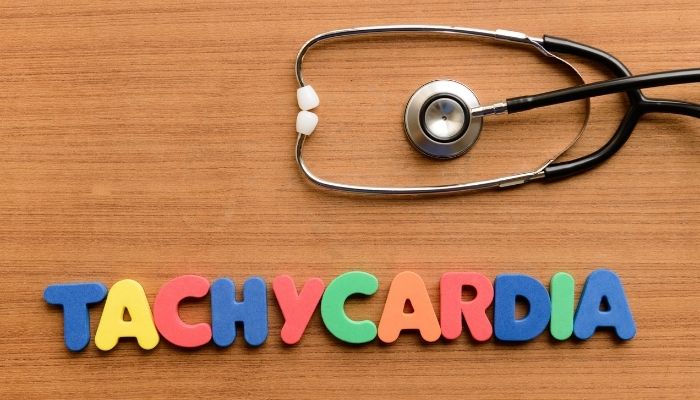Just like our brain, the heart is a vital body organ. Abnormal heart rate may be a cause of sudden death and heart strokes. A healthy heart beats 72 times in a minute. But what if the heart beats more than 100 times in a minute? It means you are suffering from ventricular tachycardia heart disorder. This kind of fast heart rate is often seen in people already suffering from heart diseases. One should never take ventricular tachycardia lightly, as it may lead to death if the right treatment is not taken at the right time.

Let us dig deeper to understand all about the various tachycardia symptoms and identify the most effective ventricular tachycardia treatment options.
What Is Ventricular Tachycardia?
Ventricular Tachycardia, also referred to as VT, is a heart disorder, where your heart beats exceptionally faster than normal. This kind of problem is more common in people suffering from other heart disorders like cardiomyopathy and coronary artery disease. Experts claim that a person suffering from VT is a person whose heart beats more than 100 times in a minute as compared to a normal person, whose heart beats about 72 times in a minute. If left untreated, VT can be fatal, so getting a timely ventricular tachycardia treatment after detecting the right tachycardia symptoms is very crucial.Top 9 Causes of Ventricular Tachycardia
Now, let us acquaint you with some of the common causes of ventricular tachycardia. Till now, the experts have not figured out an exact cause of VT, but some factors that may lead to such a health condition are:1. Cardiomyopathy
It is a kind of heart disease that tends to weaken your heart muscles.2. Heart Failure
One of the major reasons for a heart attack is a weak heart, which may lead to VT.3. Electrolyte Abnormalities
On the other hand, an imbalance of the electrolytes like potassium, magnesium, and so on, may lead to ventricular tachycardia.4. Acid-Base Abnormalities
Besides, when your blood pH is either too acidic or not acidic at all, or maybe too alkaline, may lead to a VT condition.5. Myocarditis
This type of heart condition takes place due to inflammation of heart muscles after an infection.6. Congenital Coronary Artery Anomalies
Counted as one of the rarest heart conditions, congenital coronary artery anomalies is a condition where a person is born with a coronary artery located in an abnormal place.7. Ischemic Heart Disease
Yet another cause of VT could be ischemic heart disease, which results due to narrowing of heart arteries.8. Structural Heart Disease
This is another kind of heart disease caused due to an infection or a previous heart attack.9. Long QT Syndrome
This could be another cause of VT, where the normal electrical activity of your heart gets affected either due to heredity or due to acquired symptoms.8 Common Symptoms of Ventricular Tachycardia
In most cases, a person is not able to detect any symptoms of Ventricular Tachycardia. So, here is a list of Ventricular Tachycardia symptoms to note:- Shortness of breath
- Chest Pain
- Dizziness
- Fainting
- Fatigue
- Heart Palpitations
- Tightness in the Neck
- Cardiac Arrest
4 Effective Treatment for Ventricular Tachycardia
The objection to any ventricular tachycardia treatment is to normalize your heart rhythm and avoid further damage to the body due to heart failure. Some of the common treatments prescribed by doctors for VT are:1. Radiofrequency Ablation
These are radioactive electrical currents to destroy the abnormal tissues that cause abnormally faster heartbeats.2. Implantable Cardioverter Defibrillator
This is a device that is placed inside the chest and sometimes in the abdomen to manage abnormal heartbeats. This device tends to give a shock every time it detects an abnormal heartbeat.3. Antiarrhythmic Medication
Another common treatment for VT is these antiarrhythmic medical drugs that slow down a fast-pacing heart rate. These help to fill the ventricles with blood to slow down the heart rhythm.4. Beta-Blockers
Beta-blockers are the drugs that tend to lower the force as well as the speed of your heartbeat. These drugs are also helpful in lowering high blood pressure.Besides, in case of an emergency, a VT patient must be given any of the following treatments to avoid any mishappening:
1. CPR
2. Electrical Defibrillation
3. Antiarrhythmic Medication


